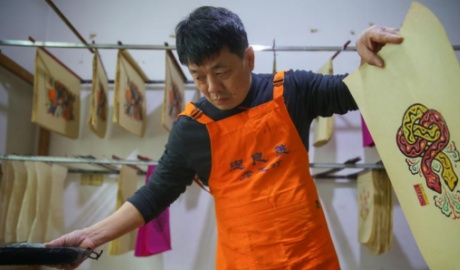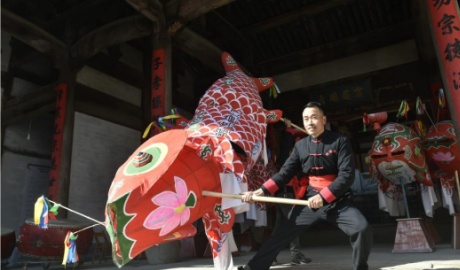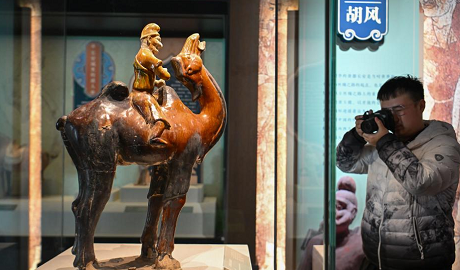

BEIJING, Sept. 20 (Xinhua) -- The competent departments of China and Japan have recently conducted multiple rounds of consultations on the discharge of nuclear-contaminated water from the Fukushima Daiichi Nuclear Power Station into the ocean, it was announced on Friday.
The Japanese government unilaterally started the discharge of nuclear-contaminated water from the Fukushima Daiichi Nuclear Power Station into the ocean on August 24, 2023.
As one of the most important stakeholders, China is firmly opposed to this irresponsible move, and has urged Japan to seriously address concerns in and outside Japan, to earnestly fulfill its obligations, to give full cooperation in the establishment of an independent and effective long-term international monitoring arrangement in which stakeholders can participate substantively, and to accept independent sampling and monitoring by China.
The competent departments of China and Japan have reached the following agreement:
1. Japan explicitly commits to fulfilling its obligations under international law, doing its utmost to avoid leaving negative impact on human health and the environment, and conducting continuous evaluations of the impact on the marine environment and marine ecosystems.
2. Given the concerns of China and all other stakeholders, Japan welcomes the establishment of a long-term international monitoring arrangement within the International Atomic Energy Agency framework covering key stages in the discharge of the nuclear-contaminated water, and will ensure that China and all other stakeholders can participate substantively in the arrangement and that these participating countries can carry out independent sampling and monitoring as well as inter-laboratory comparisons.
3. Both sides agree to continue to have constructive, science-based dialogue with a great sense of responsibility for the ecosystem, the environment, and human life and health, to properly address concerns over the discharge of the nuclear-contaminated water into the ocean.
4. China states that it has taken temporary emergency precautions against aquatic products of Japanese origin according to relevant Chinese laws and regulations and WTO rules. After China participates substantively in the long-term international monitoring within the IAEA framework and the independent sampling and other monitoring activities by participating countries are carried out, China will begin to adjust the relevant measures based on scientific evidence and gradually resume imports of Japanese aquatic products that meet the regulation requirements and standards.

Longhui, central China’s Hunan province: busy printing of Tantou woodblock New Year paintings


Traditional fish-shaped lanterns embrace new vitality in Shexian, E China

Hainan attracts migrant birds wintering thanks to improved ecological environment

Exhibition on Tang Dynasty cultural relics in Shaanxi kicks off in Tianjin
点击右上角![]() 微信好友
微信好友
 朋友圈
朋友圈

请使用浏览器分享功能进行分享
